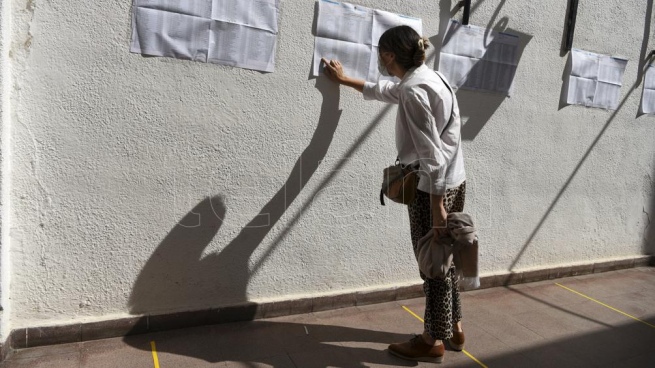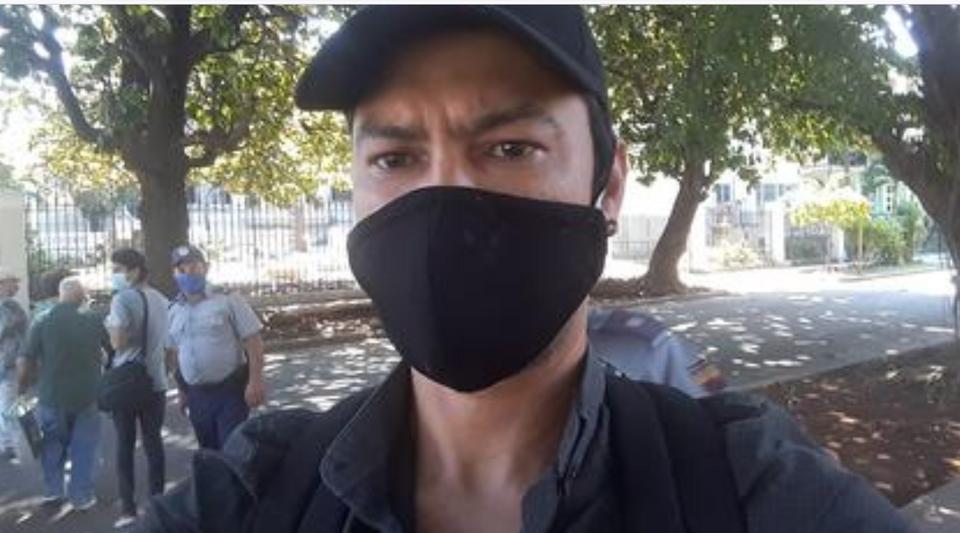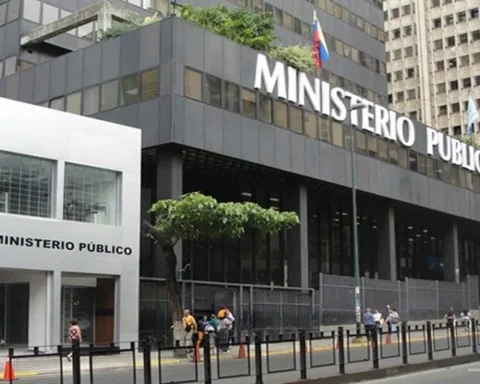The National Electoral Chamber (CNE) recalled the sanitary protocols that will be in force during the voting day on Sunday and highlighted how the “big news” that the lines will be made again within the establishments, unlike that indicated during the open, simultaneous and mandatory primaries (STEP).
“The great novelty is the intention that the lines are formed within the premises, allowing greater fluidity in the act of voting and avoiding unnecessary waiting times,” said the deputy director of the National Electoral Chamber, Gustavo Mason, in statements made this Friday to National Radio.
“We are going to try, in environments with cross ventilation and space to maintain social distance, to make this change in relation to what has been the previous protocol,” he added.
Along the same lines, the electoral secretary of the National Electoral Chamber, Sebastián Schimmel, affirmed that “the protocol is still in force” and you should go with a chinstrap, carry a pen, respect the distance and sanitize with alcohol, “but the lines to enter the establishment will not be done. “
“We are going to try, in environments with cross ventilation and space to maintain social distance, to make this change in relation to what has been the previous protocol”Gustavo Mason
In dialogue with FM Urbana Play, Schimmel pointed out that, as “a consequence of the flexibility of the protocol and to the extent that each school allows it, we are going to return to the pre-pandemic practice of standing in line at each voting table, always that the general capacity of the establishment is not exceeded “although” if it is exceeded there will be a small line outside “.
In turn, both officials remarked that “the elderly, people with reduced mobility and people with health problems, will have priority throughout the day” when voting and will even enable “an accessible dark room that is closer at the door of the voting establishment “.
The secretary also requested “That we keep as few people in the establishment as possible” Therefore, although he pointed out that “children are not an impediment” to enter the dark room, he encouraged them to “go alone” to the voting centers.

On the other hand, Schimmel indicated that “He who did not vote in the STEP, can and must vote” next Sunday, November 14, in the general elections, since “voting is compulsory in our country except for the exceptions and this electoral act is independent of the PASO”.
At the same time, he explained that “the register is the same with some slight modifications under the procedure called additions and strikes” by means of which “deceased voters were crossed out and young people who had come to update the DNI and made the claim “, but ruled out that this has produced changes in the polling places.
“The voting places did not change. It is the same school and the same table,” said the secretary.
Both CNE officials maintained the request to citizens not to close the envelope with saliva but to insert the flap inside once the ballot had been placed.
“If the voter feels calmer closing the envelope, that he does not stick it with saliva, that he uses any type of glue,” insisted Schimmel, while Mason discouraged the idea due to the difficulties that they can generate to the electoral table when moment of counting the votes since “you can stick the ballot with the envelope paper”, which “can lead to any challenge.”
In another line, the officials explained that, in case of loss of the DNI, “you can do the 24-hour DNI but if not, you cannot vote” and they recalled that the proof of DNI in process, nor the passport, nor a previous DNI, nor the digital ID of the Mi Argentina application.

For his part, Mason affirmed that, in case of missing ballots, the voter “has to come out of the dark room and tell the president of the polling station that there are missing ballots, without explaining which party or group he is from” and then “the president of the polling station, together with the party prosecutors, they will check which party they are missing from and will replace them. “
“Please make sure that the citizens go to vote with the greatest of tranquility, everything is planned so that this Sunday we have a real civic party”concluded the deputy director.
Finally, Schimmel estimated that, “with fewer groups than in the PASO, the counting of the table will be much faster, the telegrams will leave earlier from the schools and the load of the operators will be less than data”.


















